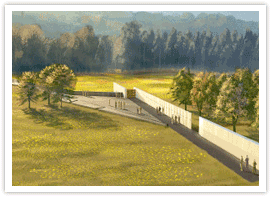Timeline is being marketed as “a home for all the great stories you’ve already shared.” It will include now include posts, photos, and life events you’ve shared as they’ve occurred. You choose what to feature on your timeline. An interesting feature is that you can go back to the day events occurred and add them to the timeline if they are not already there. You can even go to your private activity log, click on any post, and add it to your timeline. There’s more. Read about the “timeline” on the Facebook Blog at http://blog.facebook.com/blog.php?post=10150289612087131
Firms often consider the profile section of Facebook as a static piece of information that can be pre-approved. They also may provide permission to create a profile to one individual for responsibility that it is created according to the pre-approved plan. But now another concern is that someone with permission now or far into the future may decide to add something to the profile that has not been pre-approved. Just another new feature designed to please the user that has potential risk for the organization. Has anyone read more about Timeline? Any thoughts - pro or con?





